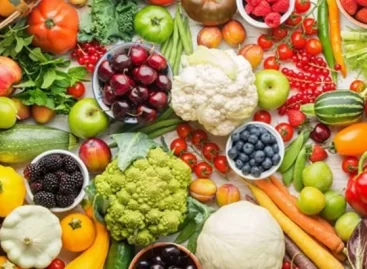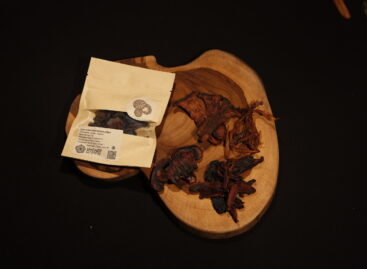We must continue to act in a unified manner against Ukrainian grain dumping
Both the Slovak and Hungarian Ministers of Agriculture agree that the Ukrainian grain import ban should be extended until the end of the year. Head of Ministry István Nagy held talks with Slovak Minister of Agriculture and Rural Development Jozef Bíreš in Bratislava.

(Photo: AM/Csaba Pelsőczy)
At the meeting, István Nagy reminded us that we will soon reach an important deadline. The ban on the import of Ukrainian grain into the EU expires on September 15. The measure should definitely be extended, but Brussels is silent, but we have to act. We must continue to preserve the unity of the frontline countries and protect the interests of our farmers. If necessary, we will maintain the import ban with a national measure, which the head of the Slovak ministry agreed with, he added. According to István Nagy, the goal of the large Ukrainian agricultural companies owned by international capital is no longer to sell to the third world, but to dominate the EU markets, which will cause serious problems for the agricultural producers not only on the border, but in all member states.
Our country promotes the export of Ukrainian grain
He explained that we should not lose sight of the original purpose of the solidarity corridors, which is to facilitate the export of Ukrainian agricultural products to countries in need. It is necessary to return Ukrainian grain to its traditional export markets, so our main goal remains to facilitate transit. To this end, our country provides funds for the development of the wide and standard-gauge railway network near the Hungarian-Ukrainian border and for the increase of transshipment capacity to facilitate the transport of agricultural products, emphasized István Nagy.
We walk in the same shoes
The head of the ministry also touched on the fact that Slovakia faces similar challenges to our country, the warehouses are full, and the harvest of sunflower and corn is just starting, and the grain sales market has stopped. The minister added that we consider high transport costs to be one of the main problems. Therefore, we continue to recommend the introduction of a progressive transport system financed by EU funds, which must take into account the length of the route required to transfer the products to the target markets. The extension of the grain import ban together with the transit subsidy would help to deal with the difficulties, emphasized the head of the agricultural ministry.
AM
Related news
UK Department of Agriculture recognises Hungary’s freedom from foot-and-mouth disease
🎧 Hallgasd a cikket: Lejátszás Szünet Folytatás Leállítás Nyelv: Auto…
Read more >








